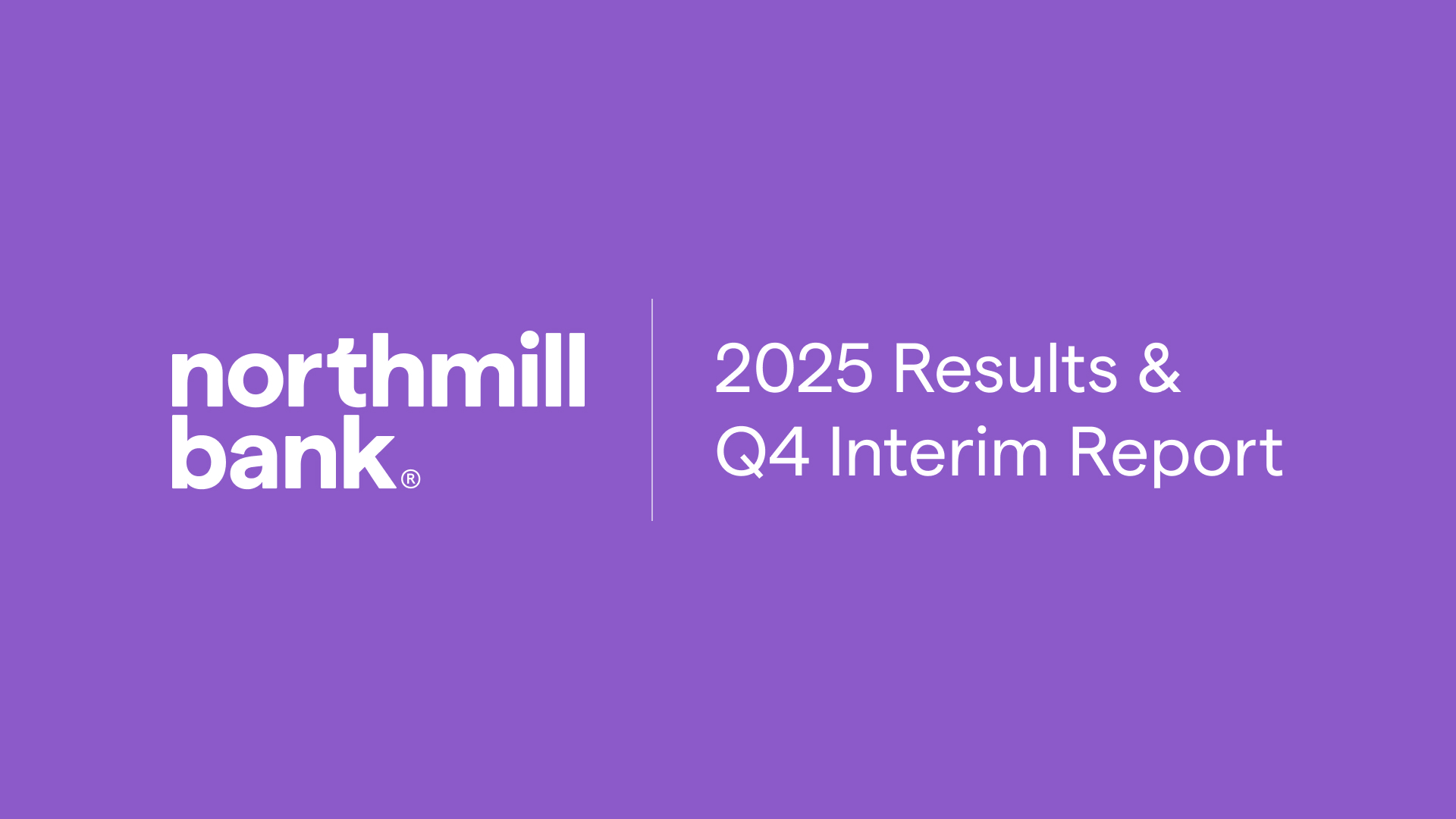The handbook for surviving a financial crisis
Sweden has long exported ideas that shape everyday life. The latest is focused not on lifestyle but on preparedness: a handbook for managing money in crisis, linking personal finances to national resilience. Northmill Bank, one of Europe’s fastest-growing fintechs, has released the Handbook for Financial Resilience, the first to place household finances within the architecture of crisis preparedness.
The timing is deliberate: it launches during Sweden’s annual Preparedness Week, when the country’s government reminds citizens to stock food and water. The bank extends that logic from physical supplies to financial ones.
The premise is simple but rarely discussed. As Europe battles wars, cybercrime and economic volatility, a family’s weakest flank is often its wallet. Nearly half of Swedes have savings below 10,000 kronor (€850), despite the country ranking among Europe’s wealthiest per capita. Many depend on one income, one card, one bank. “If systems fail, so do households,” says Julie Chatterjee, Northmill Bank’s chief executive. “And if households fail, society does.”
The 150-page guide spans everything from job loss to wars, cyberattacks and divorce. It teaches readers to draw up an “economic map” of income, debts, assets and obligations, and to talk openly about money in a society where financial stress is usually borne in silence. It also explores how economic stress affects the brain, the impact of social media on money decisions, and the importance of community when rebuilding after crisis.
This year’s Preparedness Week carries the official theme “You are part of Sweden’s total defence.” The government has urged business to take a bigger role in preparedness. An expanded review across OECD confirms how rare it is to embed household finances into civil preparedness comprehensively: no public or private body has previously done it.
A nation of single households, a test for resilience
The guide highlights a typically Swedish vulnerability: loneliness. Where half the population lives alone, resilience must extend beyond family. So it leans on another Nordic idea: strength lies in the collective. Households are urged to share tips with neighbours, echoing Ukraine’s wartime experience where local networks often substituted for the state. “Trust in institutions is high here, but the state cannot carry everything. Sweden has long excelled in civic engagement, and the challenge now is to deepen it,” says Chatterjee.
Financial crime increasingly affects households: police note more cases of sextortion among children and pension frauds targeting grandparents. The manual is steeped in the modern dilemmas of a digitised society, where hazards travel as easily through apps as through alleys. Debt among young women has doubled in a decade, fuelled by TikTok and Instagram, according to a recent Swedish research study. Men are often targeted by investment scams. Crypto and AI are increasingly used as bait, according to Sweden's Financial Supervisory Authority.
Chatterjee, one of the few female bank CEOs in Europe and a mother of two daughters, says the book is personal. “I’ve seen friends go through divorce and suddenly have to manage a household on one income, often after years when the man handled the money. It’s brutal. Our handbook gives a crash course in everyday economics and concrete advice for anyone facing that kind of life shock.”
Northmill Bank built its platform by spotting shifts early: it was quick to adopt mobile BankID, Sweden’s digital ID system, and recently became the first to adopt the Riksbank’s new instant-payment infrastructure. An instinct for structural shifts powered its fintech rise. The same instinct is now being redirected to a civic role: resilience tools for an era of permacrisis.
The handbook presses the case for treating financial resilience as a basic utility—as essential to national preparedness as food, water and electricity. “In a financialised economy, everything runs on cash flows, assets and debts,” Chatterjee argues. “Resilience must start there.”
Released on September 23 during Preparedness Week, the publication will be available in both digital and print form and remain free to download at Northmill Bank’s website. It is licensed under Creative Commons for non-commercial use, and registered with its own ISBN. “The work has been enormously instructive,” adds Chatterjee. “I am more prepared today than when we began six months ago, and I believe readers will go through the same journey.”
About Northmill Bank
Northmill Bank is a Swedish challenger bank built to improve people’s financial lives. With a full Swedish banking license, the bank offers services for both individuals and businesses. It has been ranked by the Financial Times as one of Europe’s fastest-growing companies. At its core lies a simple idea: when household finances work, society becomes more stable – and when people are given the right tools, they can handle almost anything. Northmill Bank is the most nominated Nordic bank in this year’s edition of the global competition Banking Tech Awards. From digital innovation to financial preparedness, Northmill Bank continues to develop solutions that strengthen both individuals and society. www.northmill.com/se/

